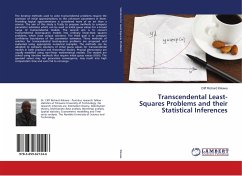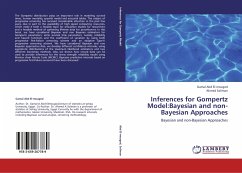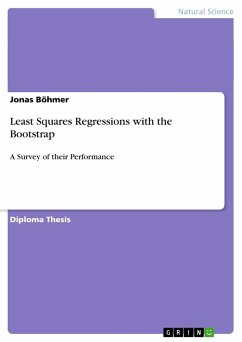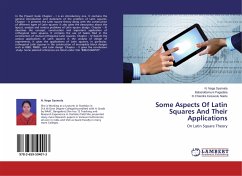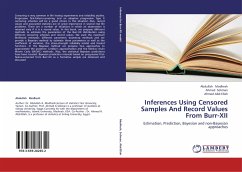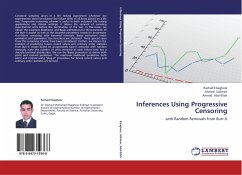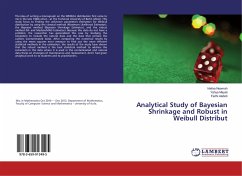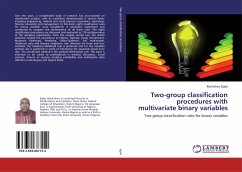The iterative methods used to solve transcendental problems require the provision of initial approximations to the unknown parameters in them. Providing logical approximations is considered more of an art than a science. The aim of this study is firstly to propose methods to compute parameter estimates which can be used as initial guess values for a broad range of transcendental models. The second aim is to convert transcendental least-squares models into ordinary linear-least squares problems, which have unique solutions. The third goal is to compute confidence boundaries of the parameter estimates. Three methods of solution for transcendental least-squares problems are proposed and evaluated using appropriate numerical examples. The methods can be adopted to compute solutions of initial guess values for transcendental models in both practical and theoretical studies. Physical phenomena are usually modelled using non-linear mathematical models. The models are solved using iterative methods that require initial guess values (IGVs). The guessed values may not guarantee convergence, may result into high computation time and even fail to converge.
Bitte wählen Sie Ihr Anliegen aus.
Rechnungen
Retourenschein anfordern
Bestellstatus
Storno

